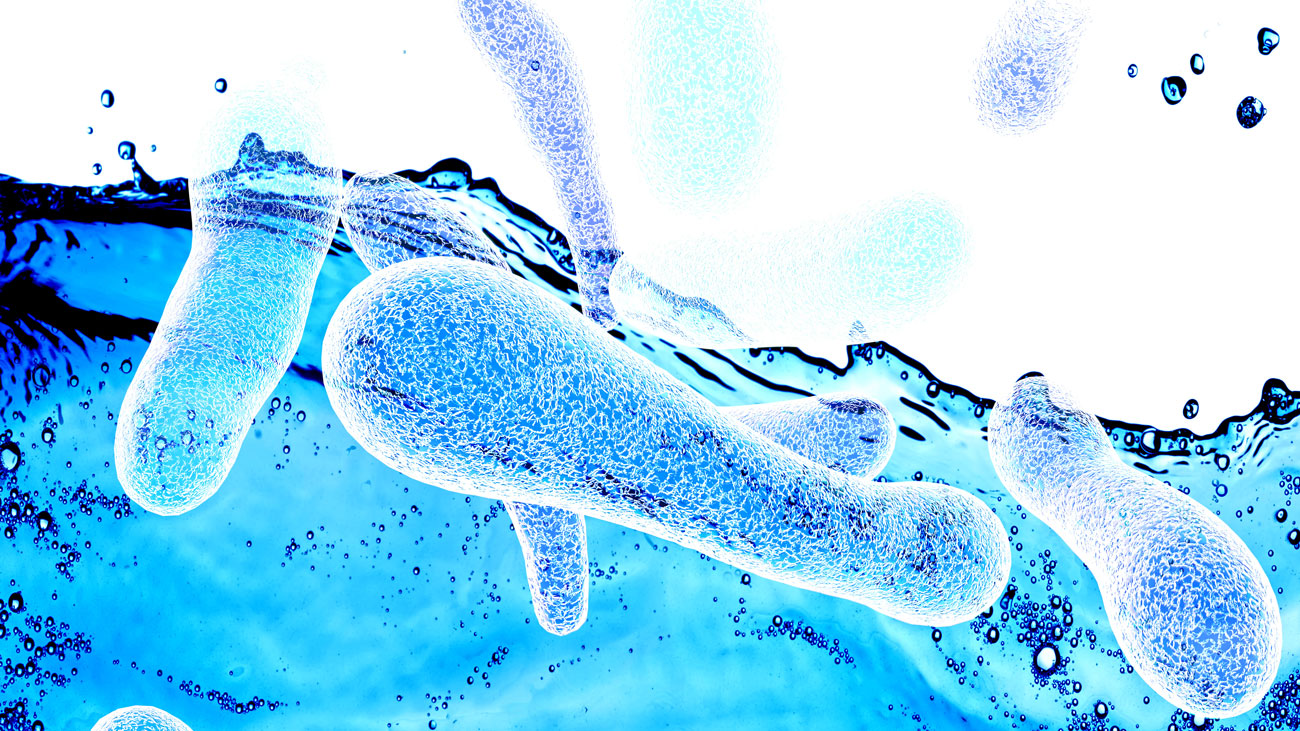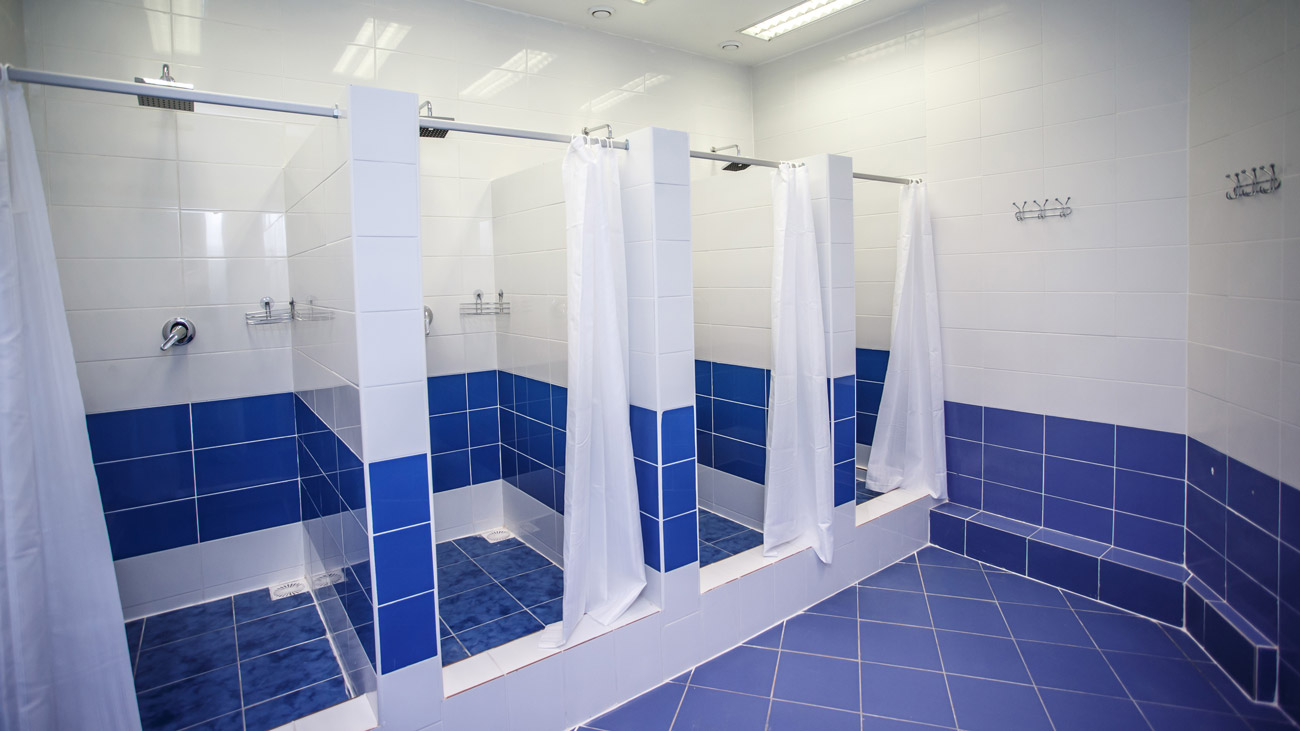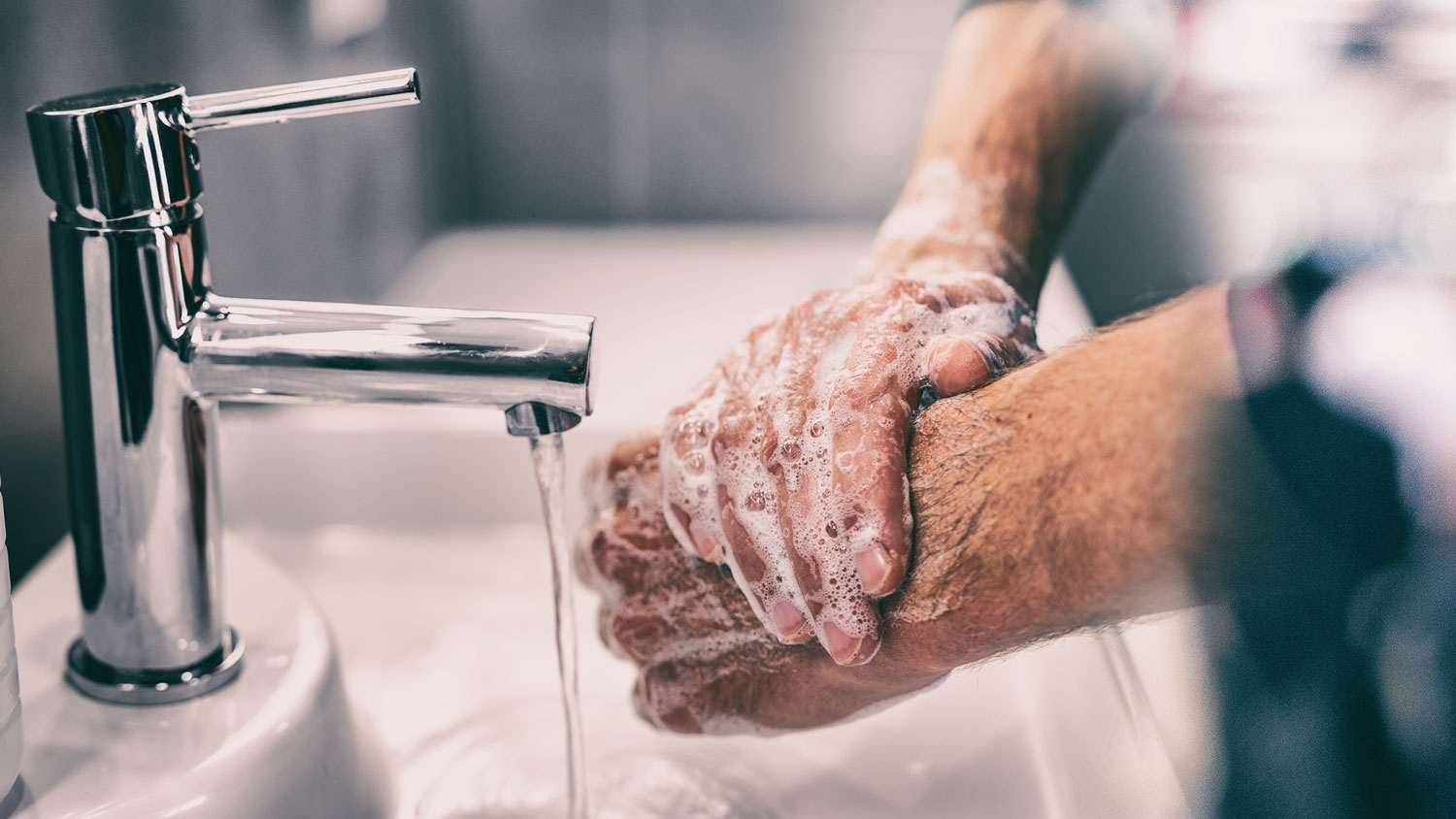
Legionella bacteria will proliferate during heatwave
With the recent UK heatwave hitting temperatures in excess of 40 degrees Celsius in parts of the UK, workplace and commercial building owners and facilities managers are reminded that there is an increased legionella bacteria risk.
The combination of rising stored water temperatures due to the heatwave and reduced usage of water in buildings due to low occupancy will increase the risk of legionella bacteria proliferation and contamination at many properties and workplaces.
Simon Rawsthorne, head of operations at IWS Water Hygiene, said:
“A low turnover of water throughout a building, together with stored water temperatures between 20°C and 45°C, provide the ideal conditions for legionella bacteria to grow and multiply. During this summer period we would urge commercial building owners and maintenance teams to take extra care to control the growth of legionella by reviewing the measures they currently have in place and by making sure they are suitable for the current conditions. Additional flushing regimes should be considered to keep the turnover of water at a reasonable level as well as ensuring cold water is stored and distributed within well-insulated tanks and pipework.”
Legionnaires’ disease, caused by legionella bacteria, is a severe form of pneumonia, which is an infection that causes inflammation of the small air sacks in the lungs and their tissues. The disease is severe and potentially fatal. Building managers, landlords and employers have a duty of care to the people in their buildings, and it is therefore imperative they understand the health risks associated with legionella, carry out legionella risk assessments, and regularly review and manage the measures in place to minimise the chance of someone within their buildings contracting this potentially fatal disease.
Any water system that has the right environmental conditions could potentially be a source for legionella bacteria growth. There is a reasonably foreseeable legionella risk in your water system if:
- Water is stored or re-circulated as part of your system;
- The water temperature in all or some part of the system is between 20 and 45°C;
- There are sources of nutrients such as rust, sludge, scale and organic matters;
- The conditions are likely to encourage bacteria to multiply;
- It is possible for water droplets to be produced and, if so, if they can be dispersed over a wide area, e.g. showers and aerosols from cooling towers; and
- It is likely that any of your employees, residents, visitors etc are more susceptible to infection due to age, illness, a weakened immune system etc and whether they could be exposed to any contaminated water droplets.
International Workplace's essential Legionella Awareness course will ensure your organisation meets the Approved Code of Practice (ACOP) and guidance for Legionnaires disease, and the control of Legionnaires bacteria in water systems. Delegates will leave this course with a thorough understanding of an organisation's responsibilities and how to manage the risks associated with Legionnaires disease.




